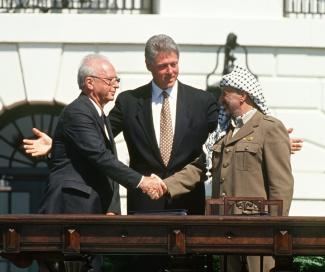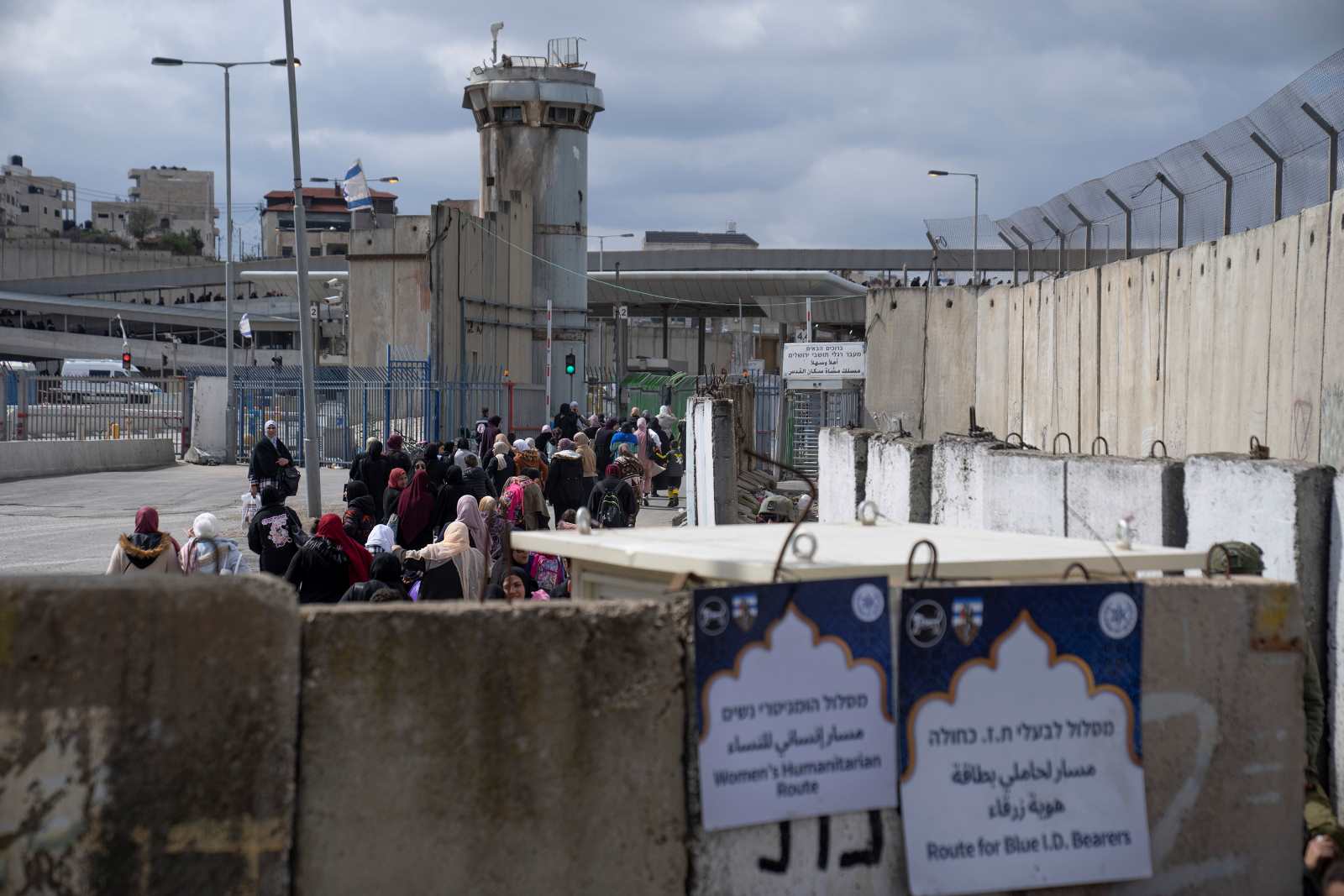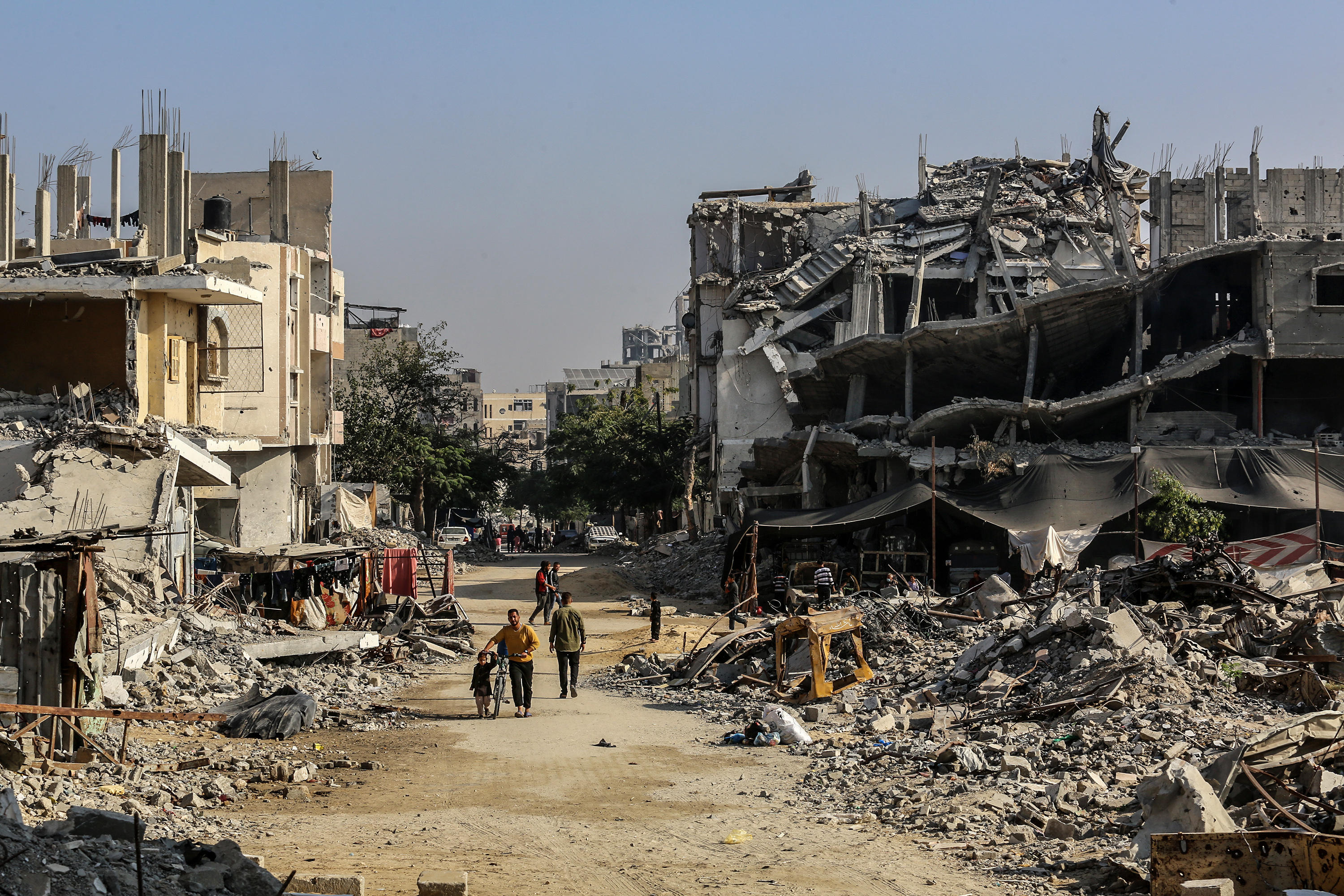Israel/Palestine
How Israel and Palestine could find peace

The past eight decades have been marked by regularly escalating tensions in Israel/Palestine. The following steps should be considered. They could break the vicious cycle of violence and end the ongoing war in Gaza.
Point 1. Declare a cease-fire and exchange the hostages taken by Hamas against the Palestinians kept in Israeli prisons. This could be done through gradual and proportionate releases on both sides. The first gradual releases took place late last year. This process should continue.
Point 2. Let the Hamas – both fighters and party officials – exit Gaza and move to a camp in a country willing to shelter them. Turkey or Qatar might be options. Both governments have expressed support for Hamas and share ideological links with Hamas through the Muslim Brotherhood. Such an exit would be similar to Yasir Arafat and the PLO leadership being allowed to evacuate by sea from Beirut to Tunis in 1982.
Point 3. Invite competing Palestinian factions to nominate a new joint Palestinian Authority for the double purpose of negotiating with Israel and reconstructing war-torn Gaza as well as parts of the West Bank that have been destroyed by Israeli settlers and security forces. The newly constituted Palestinian Authority should then re-establish itself in Gaza. Reconstruction should be led by Palestinians for Palestinians. Financial and technical support by third parties will be needed and should be granted without strict conditionalities of the Washington Consensus kind.
Point 4. Start negotiations for a two-state solution or a confederation (of Israel and Palestine). Settlements on occupied land must stop without exceptions. Several current leaders should be excluded from positions of leadership. In particular, Israel’s Prime Minister Benjamin Netanyahu, Gazan Hamas leader Yahya Sinwar and Palestinian Authority President Mahmoud Abbas have lost credibility. The International Criminal Court in the Hague should put those who most likely perpetrated war crimes on trial. That includes Netanyahu and Sinwar. Abbas, who has blocked elections since 2009 and is seen as unable to stand up to Israeli pressures, should be disqualified too.
Point 5. Initiate the process for adopting secular constitutions for both states. Alternatively, a joint constitution could serve as a confederation. If seen as useful, an international peace force could ensure a green line. The currently existing walls and barriers should be dismantled as soon as possible. A group of guarantor countries should also be selected, but they should not get individual intervention rights. They could include Qatar, Saudi Arabia, the USA, China, Egypt, Iran and Turkey. Involving the EU or some of its members might make sense as well.
Point 6. China should be invited to mediate a deal between Iran-Hezbollah-Syria with USA and the other western nuclear powers in exchange for an agreement by Iran to stop support of groups involved in armed violence and actions in the Palestinian territory.
My six-point road map may seem utopian. However, peace will stay illusive if things are left to religious fundamentalists who aspire to some kind of eternal solution (see my previous contribution on this platform). Unfortunately, such extremists are quite influential both among Israelis and Palestinians.
This course of action could help the warring parties to create the physical and ideological distance needed to give peace a chance. On both sides, widely shared narratives and ideological beliefs have spread hatred which has become deeply entrenched. The international community has a shared interest in building peace. It should therefore become involved constructively.
The strategy that US President Joe Biden is pursuing regarding a ceasefire, an exchange of hostages and negotiation for a long-term two-state solution is quite close to what I have been proposing. He should, however, also participate in the search of an exit solution for Hamas and the search of a post war reconstruction team.
Raymond Saner is the co-founder of the Geneva-based Centre for Socio-Eco-Nomic Development (CSEND). As an evaluator and consultant, he has been involved in monitoring the impacts of the Oslo Accords. He first launched his six-point proposal in October 2023.
saner@csend.org













